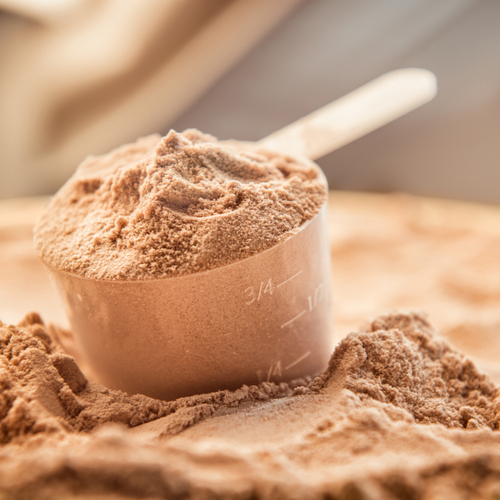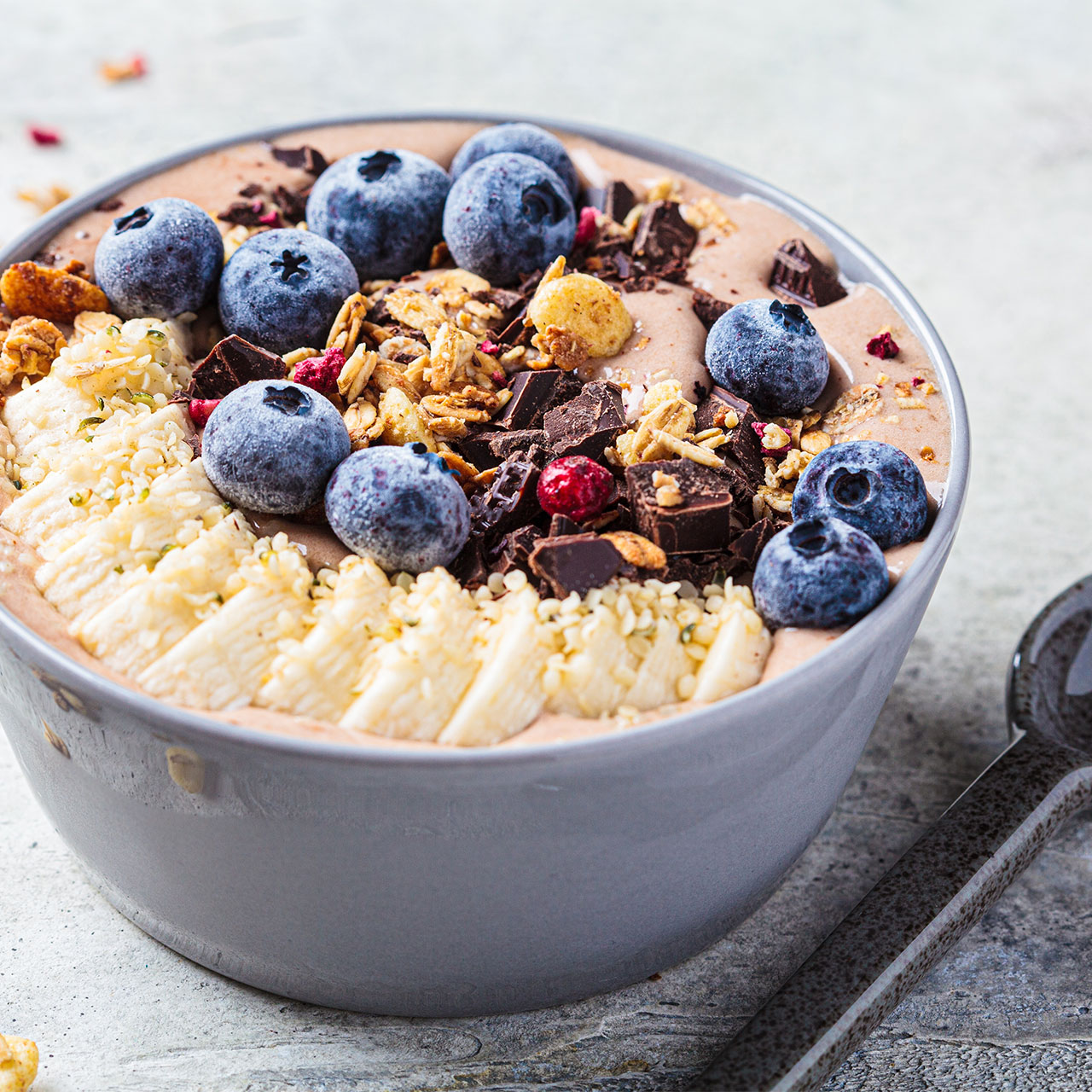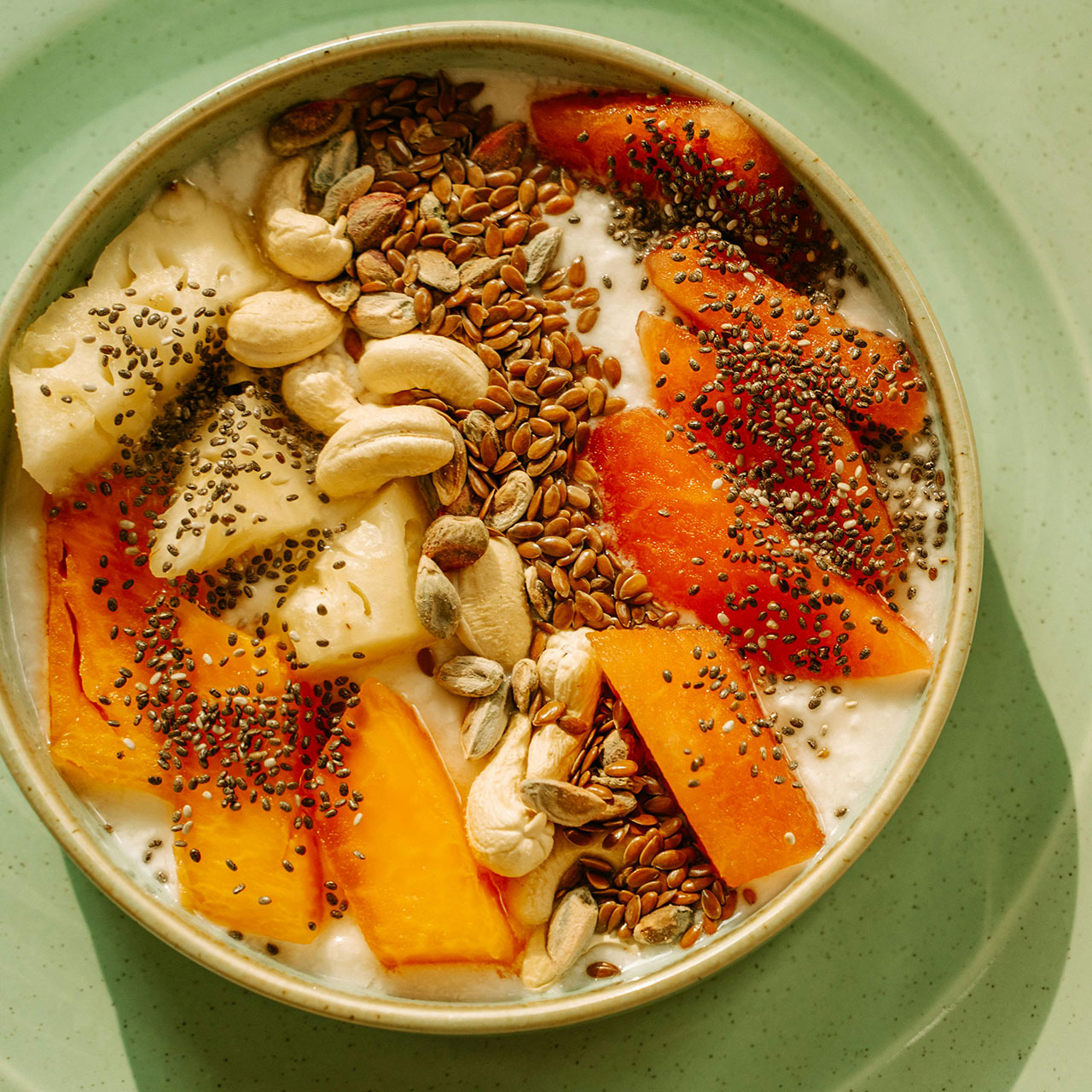This is an archived article and the information in the story may be outdated. Please check the time stamp on the story to see when it was updated last.
Smoothies are widely regarded as a healthy addition to your diet for weight loss because they’re often packed with fruit and vegetables to meet your daily intake of vitamins and minerals. However, if you’re just starting your health journey, you may find that you’re still struggling with inflammation, discomfort, and even further weight gain, and smoothies may be the culprit for these unfortunate side effects. As you adjust to your new lifestyle, according to dietitians, this is the smoothie ingredient that you should keep an eye on if you’re trying to lose weight.


Protein powders are often integrated into plant based diets in order to supplement for protein you’re missing without meat and dairy products. But while protein is good for your overall health, artificial powders and supplements, particularly low quality ones, can actually do more damage than good to your body.

Registered dietitian Trista Best explains, “The issue regarding processed health foods and stalled weight loss is primarily found in those on a vegan or plant-based diet, or a healthy diet that relies on quick meals. When following these diet patterns it is tempting to turn to processed convenience foods that are free of animal products, but are unfortunately still high in fat and sugar which simultaneously increases the product's calories.” Protein powders, while high in one macronutrient, are often also high in sugar and calories and are regarded as healthy by default. Instead, they may actually have an inverse effect on your metabolism, slowing weight loss.

Although protein powders can certainly hold a multitude of health benefits if you’ve invested in a high-quality product, protein smoothies should not be used as a substitute for a regular meal with a good variety of nutrients. “Some individuals use protein powder as a meal replacement, and while this is common, most protein powders do not contain other vital nutrients required in a balanced meal. Anyone living with kidney disease should speak with their healthcare provider before adding protein powders to their diet,” Best warns.

While supplements have their place in a healthy lifestyle and can fill any gaps that your diet doesn’t naturally cover, protein smoothies should not be relied on as a meal replacement to lose weight. These powders are intended to bolster your protein intake only, but keep in mind they may also be high in calories and sugar which will ultimately work against your weight loss goals if consumed in excess. If you do feel inclined to include a protein powder in your smoothies, make sure you’re reaching for a high quality supplement that is low in sugar and doesn’t overload your healthy snack with sneaky calories and minimal nutritional value.


























